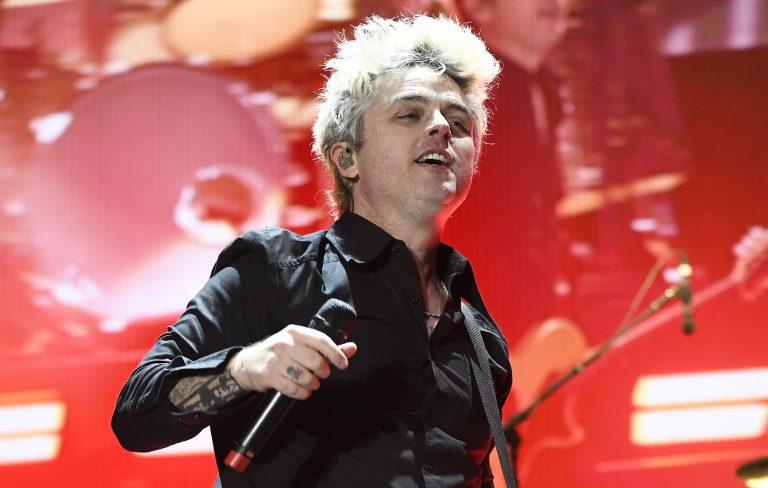Billie Joe Armstrong, the dynamic lead vocalist and guitarist of Green Day, recently shared insights into his unique approach to guitar playing, specifically his aversion to solos in favor of focusing on rhythm.
Despite growing up idolizing legendary solo guitarists like Eddie Van Halen and Yngwie Malmsteen, Armstrong’s musical direction took a sharp turn as he delved deeper into punk and rock. In a candid conversation with Guitar World, he expressed his realization that following in the footsteps of virtuoso soloists might confine him to a life of solitary practice without ever joining a band. This epiphany led him to embrace punk and alternative music styles.
Armstrong’s preference for being an “anti-solo” guitarist has not only carved his niche within the punk rock scene but also solidified his status as a pivotal figure in the genre. He specifically mentioned the Green Day album ‘Dookie’ as a defining moment in his career, emphasizing a balance between powerful guitar tones and the absence of traditional metal-style solos.
Despite his early reservations about flashy guitar work, Armstrong acknowledges a shift in his attitude over time. He now finds a certain appeal in making what he calls ‘awful noise’ with his guitar, indicating a more open-minded approach to exploring his instrument’s capabilities.
Armstrong remains committed to personal growth as a musician, aiming to push beyond his known limits to refine his guitar skills further. This journey of continuous improvement and exploration is evident in Green Day’s latest album, ‘Saviors,’ which showcases Armstrong’s evolved musical style. The album, released last month, marks a new chapter in Armstrong’s approach to his music and guitar playing.

